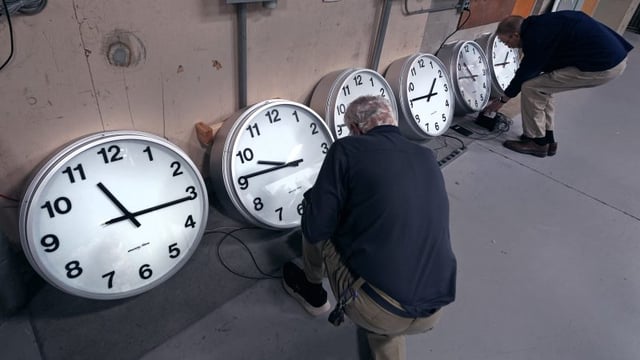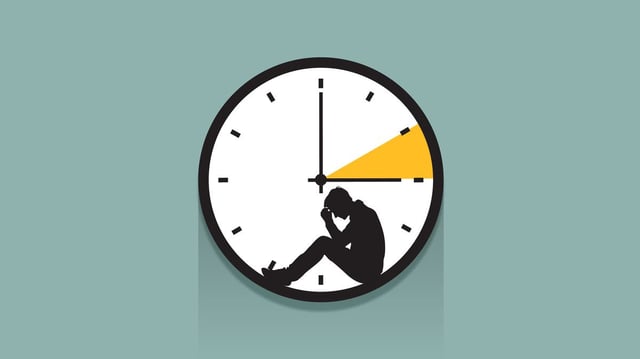Overview
- The U.S. is set to 'spring forward' to daylight saving time on March 8, reigniting debate over whether to end biannual clock changes.
- The Sunshine Protection Act, recently reintroduced in Congress, proposes locking clocks on permanent daylight saving time, while sleep and health experts advocate for permanent standard time.
- Health professionals argue that permanent standard time aligns better with human circadian rhythms, improving sleep, productivity, and overall well-being.
- Some states, like Hawaii and most of Arizona, already observe permanent standard time, citing benefits such as earlier relief from heat and consistent sunlight patterns.
- Critics suggest that instead of focusing solely on time changes, flexible work and school schedules could better accommodate individual biological clocks and improve efficiency.


